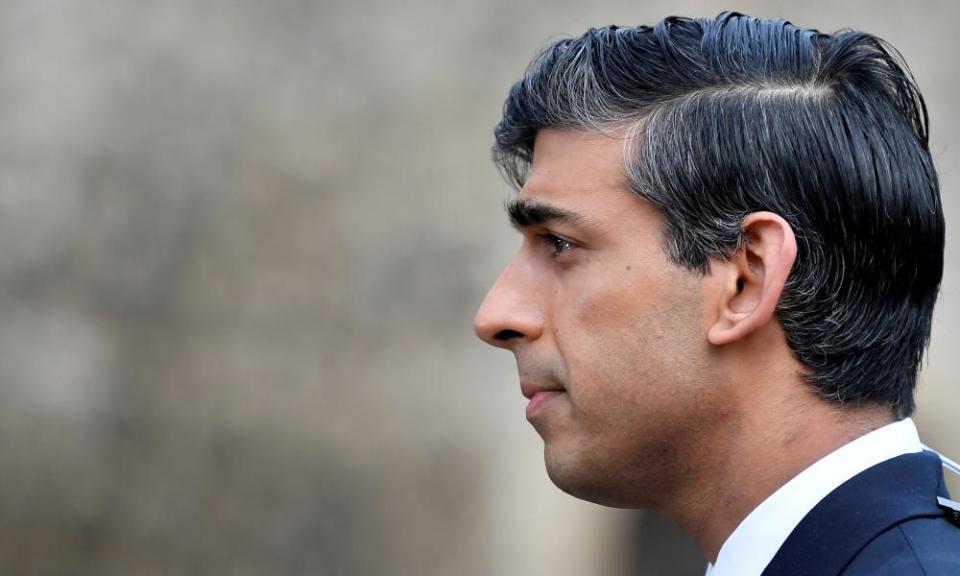The Guardian view on the politics of welfare: actions, not just words

Before the pandemic, the National Centre for Social Research (NatCen) said that public opinion was running more in favour of welfare funding, after decades of widespread scepticism about spending money on the poor. These were small shifts, but the direction of travel was unmistakable. Despite the transformation of the role of the state in 2020, NatCen found last month that the public is in favour of more redistribution but not much more than they were before Covid struck. There are signs that the mood is shifting.
That may explain Chancellor Rishi Sunak’s reluctance to concede much ground on welfare. Campaigners have focused on universal credit, which Mr Sunak raised by £20 a week at the start of the pandemic. The boost was meant to last only until this April, reflecting the government’s confidence that a once-in-a-century plague would swiftly blow over. It has not and the jobs crisis has only grown.
Since the UK went into a third lockdown, it has been obvious that Mr Sunak should lay out a comprehensive economic rescue package. His excuses for not bringing forward the March budget or measures to help do not wash. Claiming, as unnamed allies are doing this week, that keeping the £20 uplift for universal credit costs £6bn a year, equal to a penny on income tax and 5p on fuel duty, just reminds us that at Mr Sunak’s maiden budget speech last March, he admitted that the freezing of fuel duty since 2010 by his Tory predecessors had already cost the exchequer £110bn – before freezing it for a tenth year.
He knows the money is there – he just finds motorists more electorally valuable than poor people or the environment. To be resilient in the face of shocks needs burdens to be shared. Why have many freelancers and self-employed people, for instance, been left to fend for themselves? Why are claimants of jobseeker’s allowance and disability benefits not receiving the same uplift as those on universal credit? And why is the Treasury still punishing tens of thousands of households with its benefits cap?
This vindictive policy was introduced by George Osborne a decade ago as a stick to force people into work by arbitrarily limiting their benefits – no matter what their circumstances or their costs. But when the pandemic began, Mr Sunak granted new claimants a nine month grace period with no cap. Those grace periods are now starting to elapse, so that the Child Poverty Action Group (CPAG) estimate that by the March budget around 250,000 households will be hit by the cap. The financial losses will be crushing: CPAG estimates that a couple in Slough, for example, laid off in this pandemic and with four children, will be £300 a week worse off. Many families will no longer be able to buy clothes for the kids or enough food for the parents. Some could lose their homes. Yet the cost of removing the cap to the Treasury is a mere £500m. For comparison, the gimmickry of the “eat out to help out” scheme cost taxpayers £849m.
Mr Sunak worries that people coming out of the pandemic may well be open to sweeping changes – but not the ones that the government wants. As Covid ripped through the UK, Mr Sunak promised the public: “We are doing everything we can to keep this country, and our people, healthy and financially secure… We will do right by you and your family.” Fine words, noble sentiments. What a shame both have been belied by the chancellor’s actions – and his inaction.

 Yahoo Finance
Yahoo Finance 